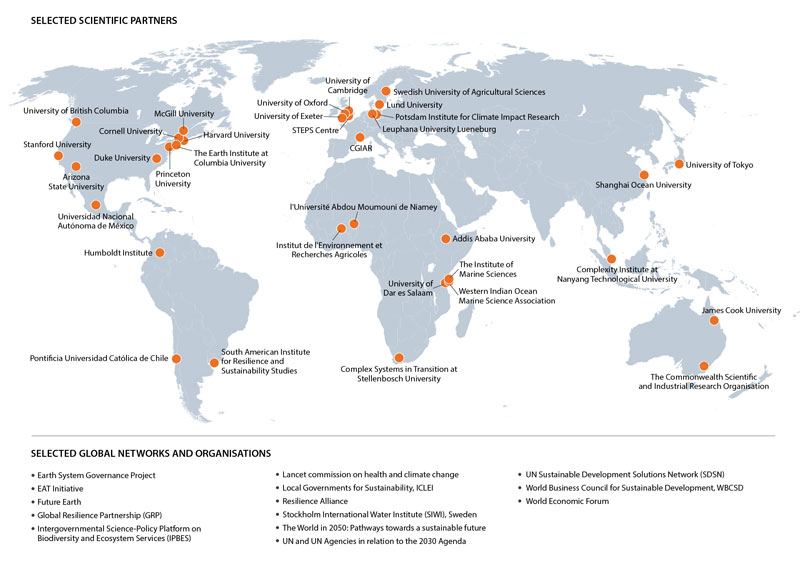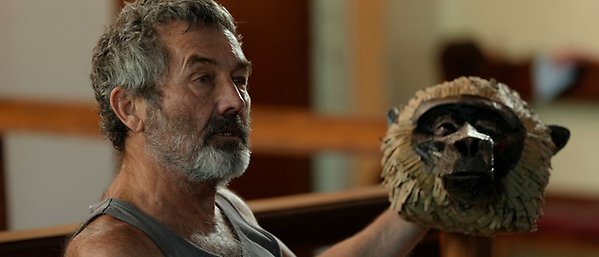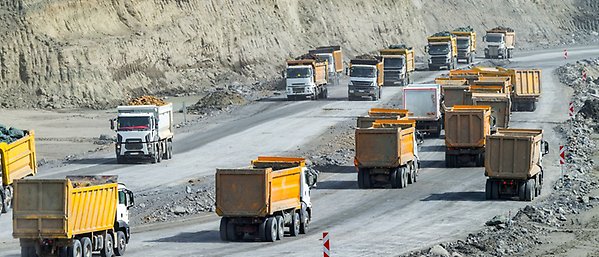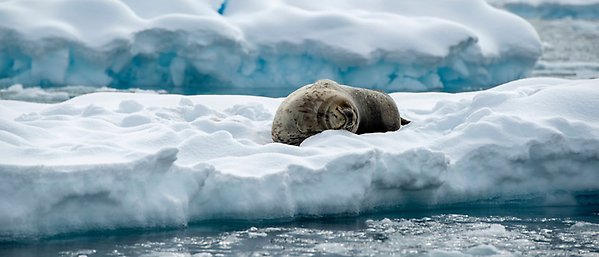Our research culture
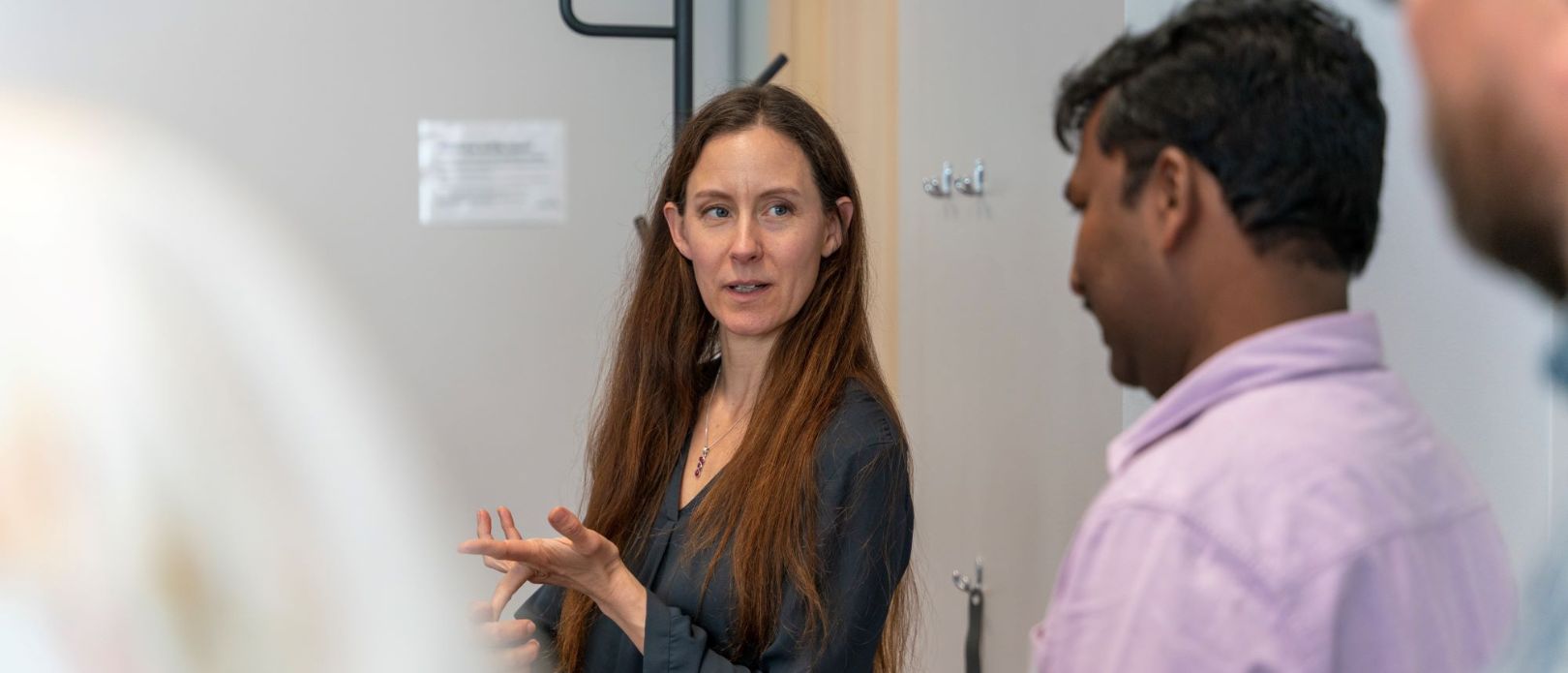
We invest significantly in creating a culture of collaboration. This is time-consuming, but from this come new scientific insights
Our core focus is to advance research in the frontier of biosphere-based sustainability science, applying a socialecological approach and resilience thinking.
The approach that we take – that humans are part of the biosphere – informs and guides our research, enabling cohesion, unity of purpose and the distillation and synthesis of diverse theories, methods and data. Inductive and deductive work, practice and theory continuously interact.
Our research aims at capturing significant patterns and processes of the Anthropocene, using complex adaptive systems and resilience thinking as core perspectives, developing theory and methods, and experimenting and exploring transdisciplinarity for biosphere stewardship and transformations towards sustainability.
Our ambition is not only to advance transdisciplinary science, but also to shape it.
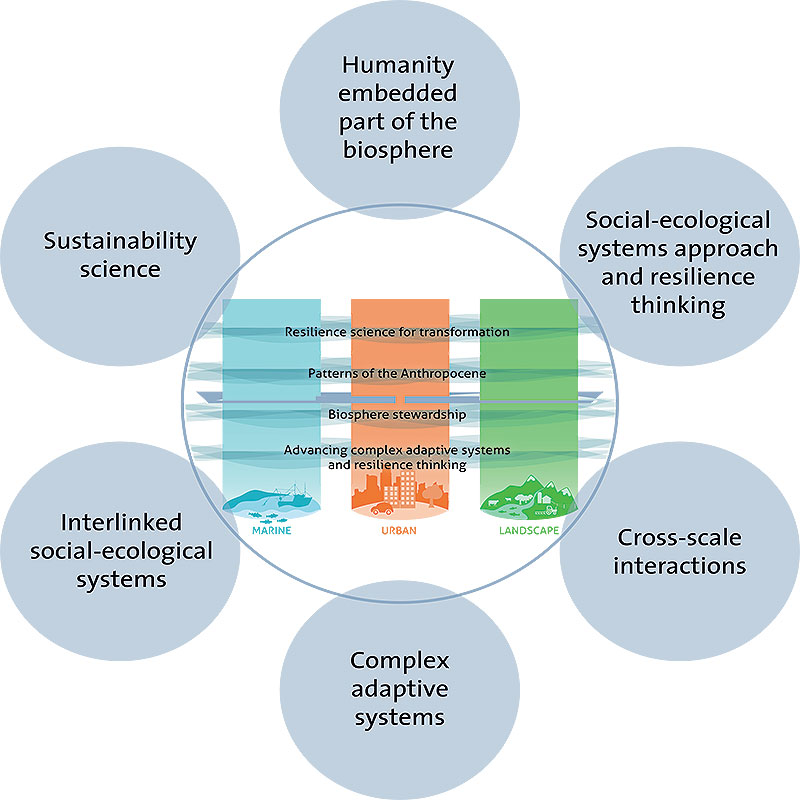
Our research framework: centre researchers are using a diversity of theories, approaches, methods and perspectives. Capturing the interplay between periods of slow and rapid change and how to persist and adapt and even transform into new development pathways in the face of dynamic change colours not only our research but also our interactions with policy, practice and the arts. The same goes for development issues.
Trust, collaboration and fun
We invest significantly on creating a culture of collaboration. This approach is time-consuming, difficult, demanding but very rewarding. It builds on openly sharing ideas, and discussing them in teams with very diverse knowledge, skills, and disciplinary backgrounds.
From this come new scientific insights.
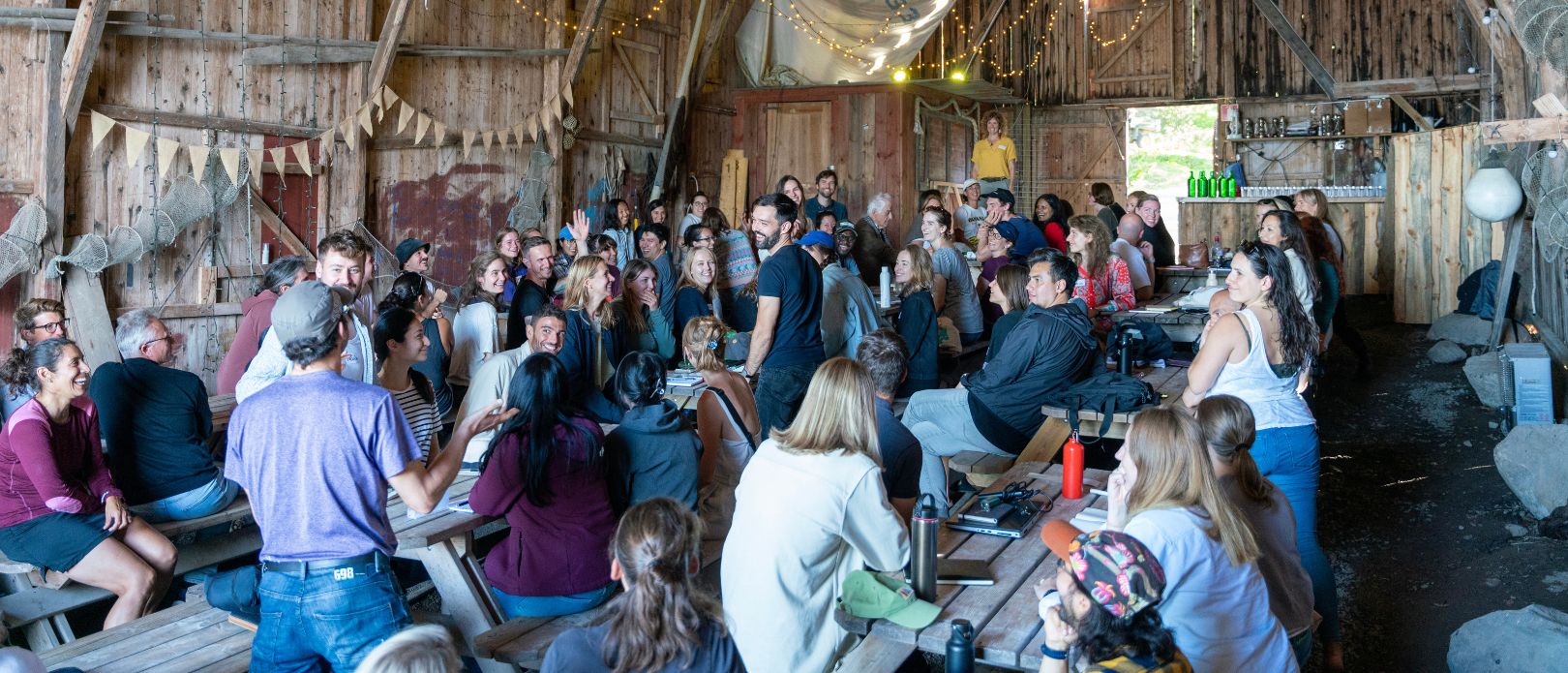
Our ambition is not only to advance transdisciplinary science, but also to shape it.
Most scientists are hesitant of sharing their best ideas, because of the fear someone will take them as their own. But in our experience, if three separate individuals share their best ideas, this will result in a fourth and fifth idea, each greater than the individual first three.
The downside is, of course, the transaction time, and the risk that you engage in many collaborations that lead you nowhere, or are merely distracting. However, with the benefits of long-term funding, careful selection of researchers and collaborating partners, and excellent training, this is now something everyone does naturally.
The proof is in the pudding, of course, but the large number of multi-authored, highly-cited publications generated from the centre illustrates that the method works.
Critical factors for success
A few factors have been important for our development. Many of them are consistent with findings from successful research organisations elsewhere:
- Long-term flexible funding: This has proven critical for our productivity, creativity, and ability to take scientific risk and thereby break new ground.
- Focus on high-quality, peer-reviewed science: It has been critical to be able to illustrate that we are not only breaking new ground in methods of operation and framing global challenges, we are also producing academically high-impact research, recognised internationally.
- Close collaborations between colleagues and students: another prerequisite for our success is to informally collaborate and meet on a regular basis. Our Master’s and PhD students are integrated in our daily work and we spend a substantial amount of time interacting with each other through staff meetings, retreats, and other forms for internal communication and relation building.
We have maintained and actively developed a creative working environment.
We are continuing to develop our collaborative, trust-based, and problem-solving approach.
We are currently identifying the seeds of a set of new research themes that will serve as attractors for future research. The suggested programmes all entail a considerable increase in terms of ambition and are being developed in collaboration with colleagues, leading international research partners, as well as change agents (such as influential people in civil society, brave policy-makers and passionate entrepreneurs, investors, and businesses with a vision for sustainable development). These new research themes all build on SRC’s strategic advantage where we can consolidate and leverage ongoing work, and already have established international collaborations.
We also plan to consolidate and ramp up our efforts in working with international leaders in sustainability and resilience thinking, especially in terms of training and education programmes where influential change-makers meet world-class sustainability scholars in a learning process to deepen understanding of priorities, build capacity for concrete action, and develop transformative leadership for a prosperous planet. This effort aims to meet the increasing societal demand for our science, while channelling our efforts where they have the greatest positive impact in society.
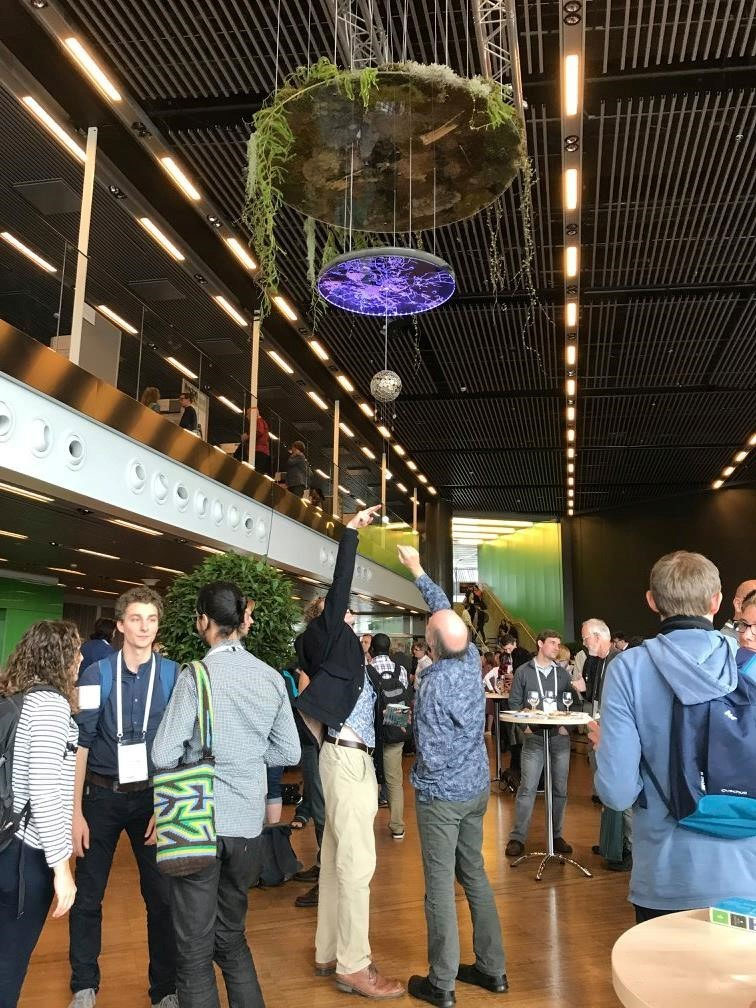
Our vision where economies and societies are fundamentally integrated within the biosphere has been presented in the sculpture “Nature/Society/Economy” by the Norwegian artist Tone Björdam. Photo: T. Björdam
